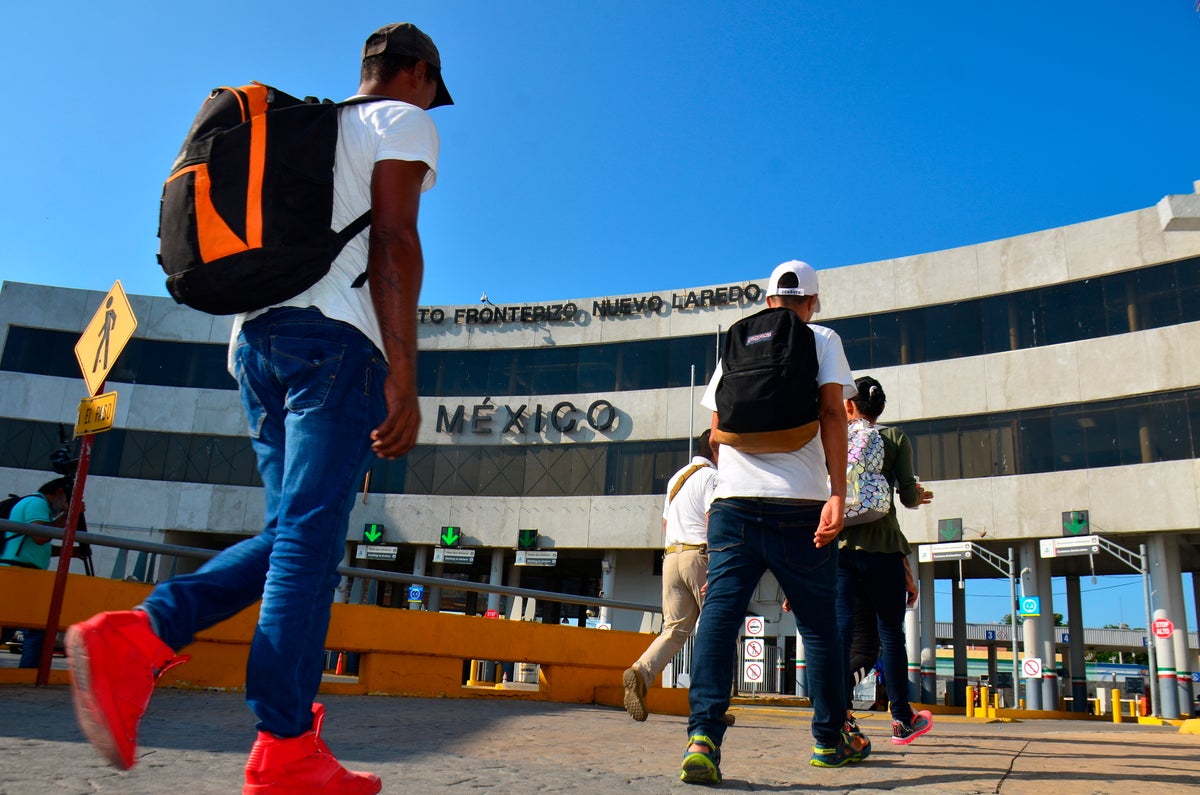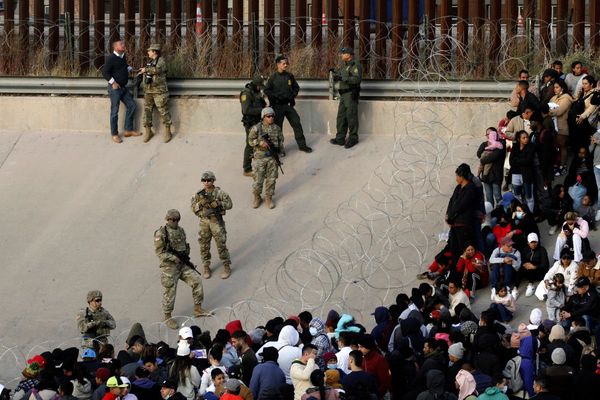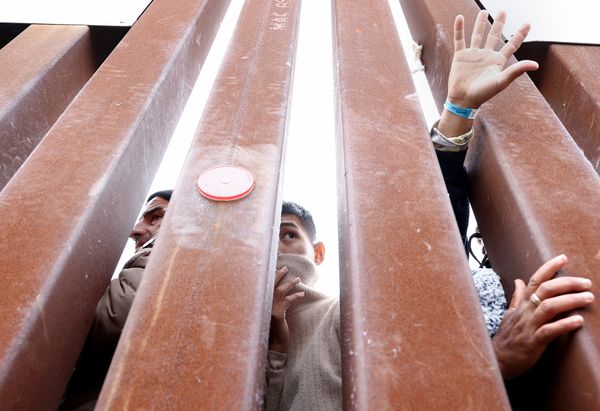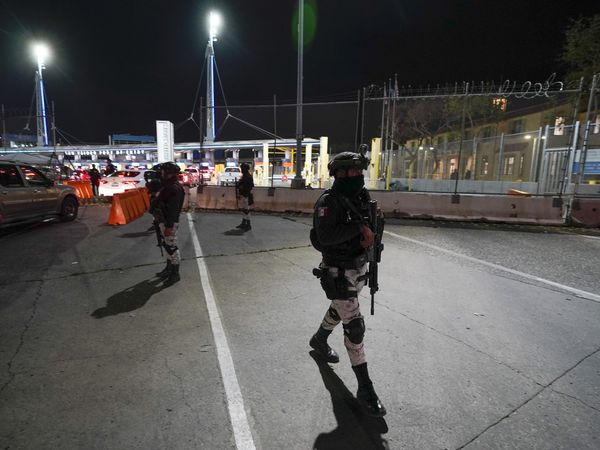
The Biden administration said Tuesday that the reason it has halted online asylum appointments at the international crossing in Laredo, Texas, was because of the “security situation” across the border in the Mexican city of Nuevo Laredo.
U.S. Customs Border Protection said in a statement emailed to The Associated Press that the government also took into account other unspecified “operational factors, including relatively low demand for appointments for that location.”
The government released the statement a day after AP reported the change, which took effect June 3 at the Laredo port of entry. Humanitarian groups in Laredo said they recently warned the administration in meetings both in person and on Zoom about people controlling access to the port of entry on the Mexican side and migrants reporting being extorted after flying to Nuevo Laredo.
Asylum seekers told AP that Mexican immigration officials in Nuevo Laredo took their travel documents and threatened to make them miss their scheduled asylum appointments if they did not pay them.
Nuevo Laredo is located in the Mexican state of Tamaulipas, which Americans have been warned to avoid by the U.S. Department of State. Bordering the southern tip of Texas, Tamaulipas is a key area of the Cartel del Noreste, formerly known as the Gulf Cartel.
CBP did not provide details about the security situation in Nuevo Laredo or what sets it apart from other Mexican border cities, including Tijuana, whose mayor decided this month to seek refuge at an army base for her own safety.
Tijuana, across from San Diego, has one of the highest homicide rates in Mexico and is among the ports of entry along the U.S.-Mexico border receiving the highest number of asylum appointments through the CBP One app. The Mexican president said the mayor along with the governor of the state of Baja California, where Tijuana is located, have received threats from organized crime.
Thousands of asylum-seekers are stuck in Mexican border towns, waiting until they can get an appointment to seek refuge in the U.S. after being blocked during the COVID-19 pandemic by a public health restriction called Title 42. The restriction was lifted last month.
Though the government opened some new avenues for immigration, the fate of many people is largely left to the CBP One app that is used for scheduling an appointment at a port of entry.
The government said it would continue to open 1,250 appointments daily by reallocating the slots for Laredo to the seven other crossings along the U.S.-Mexico border. It vowed to honor online appointments issued for the Laredo crossing before the June 3 change. The government schedules appointments two weeks out.
CBP gives priority to people with an app appointment, though people can try to be admitted by going in person without one. Anyone who has an acute medical condition or is under an immediate threat of kidnapping or death also can ask to be admitted in person.
Laredo saw only a fraction of appointments compared to San Diego and Brownsville, Texas.
_____
Watson reported from San Diego










